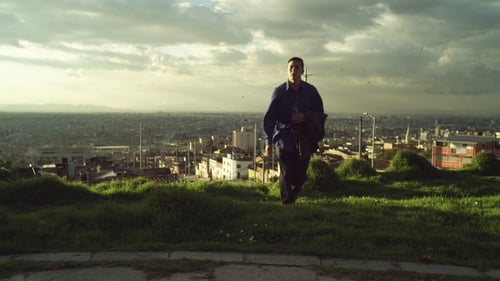
Art Direction
A cop and two young journalists are in possession of evidence of the implication of two SS officers involved in major assassinations across the world. Whe they try to reveal this information they become the target of a manhunt...

Casting
A vision of Colombia's inhuman armed conflict, seen through the eyes of a young - and pregnant - girl soldier.

Casting Associate
A man in chains, a young man who dreams of being part of something, to become a militant for an armed group who must wield a cruelty in which he may not believe in. The characters, each voluntary or involuntary part of a mechanism that overcomes them, reveal their greatness or misery in the “minimum” tasks that they perform to survive. From that sometimes morbid poetry of the everyday and the irrefutable truth of the details, we see a country whose social body is sick and injured.

Art Direction
Joseph is a sailor who returns to his aunt's home after 14 years at sea, there he will be involved in the process of African colonialism signing a contract to travel to Congo captaining a ship called Florida that is shipwrecked as soon as it reaches Congo forcing them to walk the Congolese forest in the heart of darkness

Art Direction
Version of the play "Todo bicho de uña". It tells the story of revenge. The tour of the Andean, for ten years, a young man in search of the rapist and murderer of his mother, takes us into the underworld strata fairs and circuses villagers.

Art Direction
During a bus ride through the Andes, two seminarians encounter with a woman named Manon. Immediately, one of them falls in love and the attraction is mutual, so they decide to flee to capital city to start a new life. But the love of Manon ambitious drags this man to leave his vocation and commit criminal acts to maintain a life of luxury and extravagance.

Producer
Chronological account of the events that culminated in the massacre of students in Tlatelolco in 1968.





